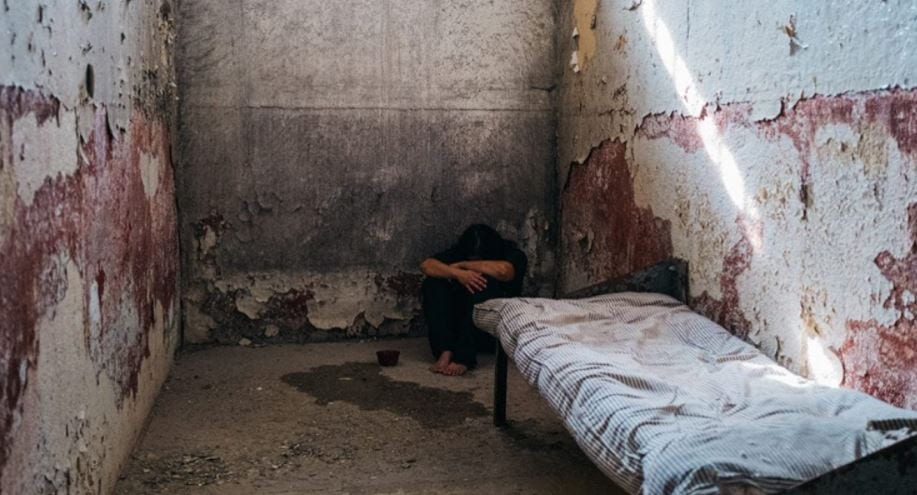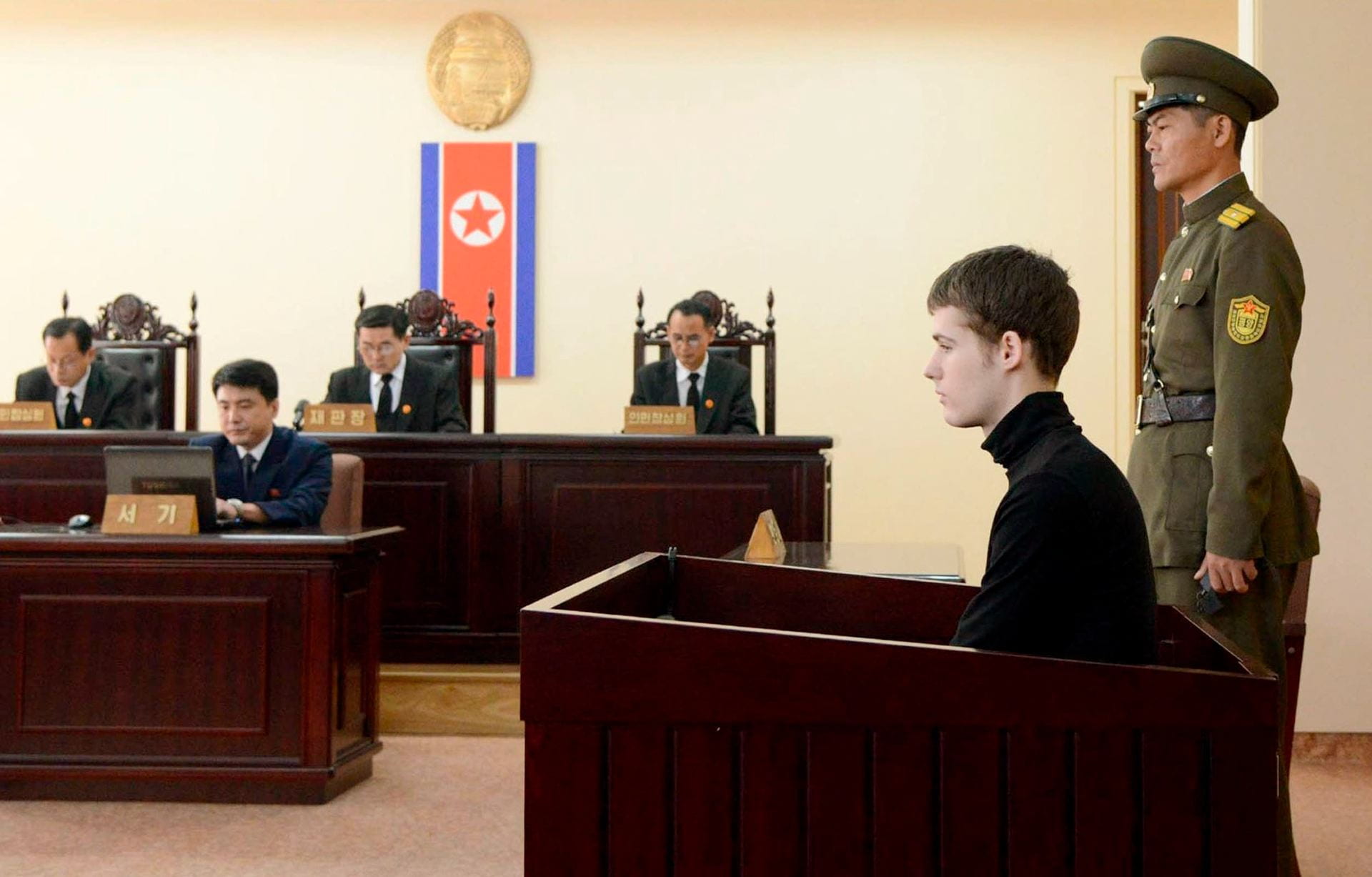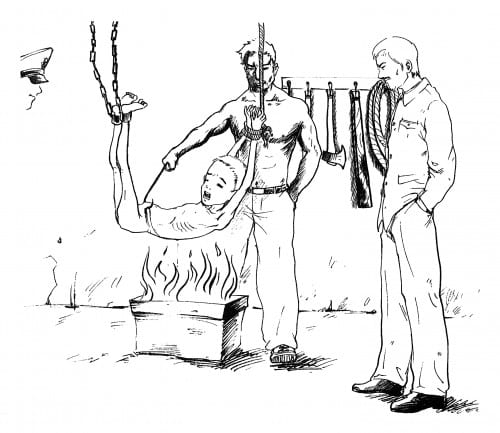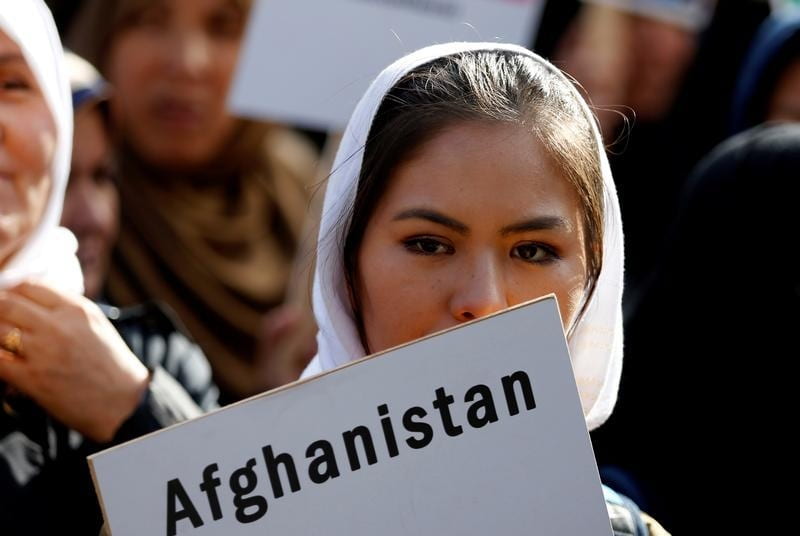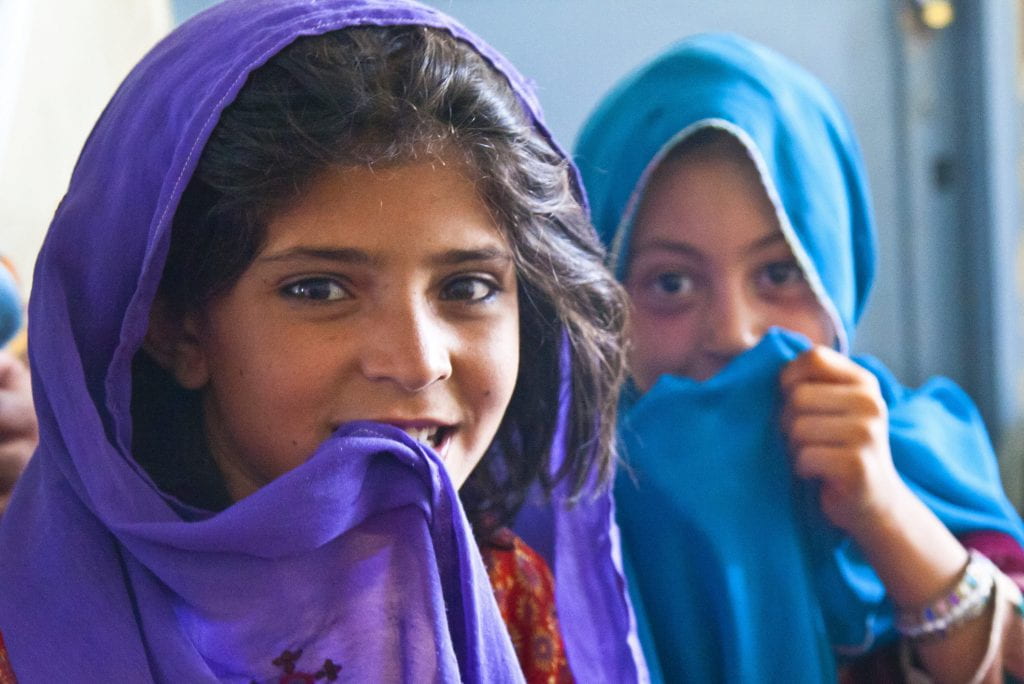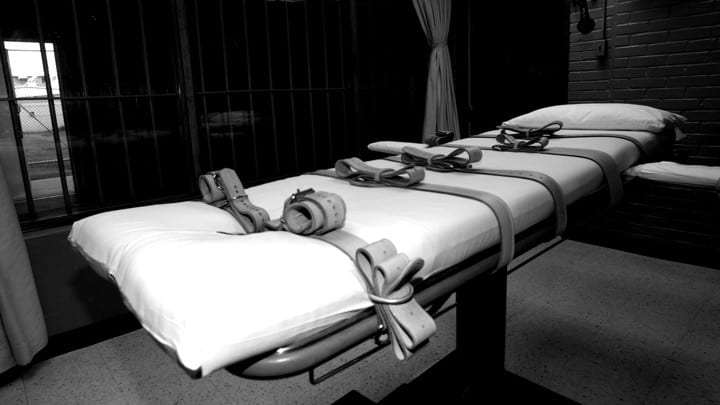
Stay tuned for my next article, where I will explore how the process of the death penalty, as well as the methods used to end the lives of inmates, may bring up additional human rights concerns. That article will be posted in the upcoming weeks.
October 10th is the World Day Against the Death Penalty.
It was my eighth birthday. I had gotten home from school and after eating my snack, I sat down on the couch. My birthday is in January and my mom hadn’t gotten around to packing up the expensive nativity scene from my grandmother that was set out on the sofa table behind my head. I got bored with my show, as eight-year-olds do, so I turned around and started playing with the porcelain figurines. To me, they were no more than stiff, less fun Barbies. Little did I know all it took was one little high-five between Joseph and the wise man with the frankincense before *CRACK* Joseph lost a hand.
I still remember my mother’s face when I told her what happened. This nativity scene from her mother-in-law meant so much to her and she was feeling so many emotions. I knew that I deserved to be punished in some way for my mistake. I sat in time out for a while, I got a “stern talking-to” when my dad got home, and I didn’t see my favorite (real) Barbie for weeks.
My eight-year-old, future-philosophy-student self couldn’t help but question why all of this was happening to me. It was my birthday; my parents were supposed to be nice to me that day, but I still got in trouble. I knew that I should’ve been more careful with the figurine, but I also knew that what I did was an accident. I knew as soon as it broke that I had caused a problem, but I almost immediately learned from it: this material is weaker than Barbie material so I would need to use gentler hands when holding it. But I still couldn’t figure out why my parents were doing this. As I grow up, this concern still follows me. What motivates society to punish people who break the law? How could our system of punishment improve to allow people to learn from their mistakes and to still participate in society?
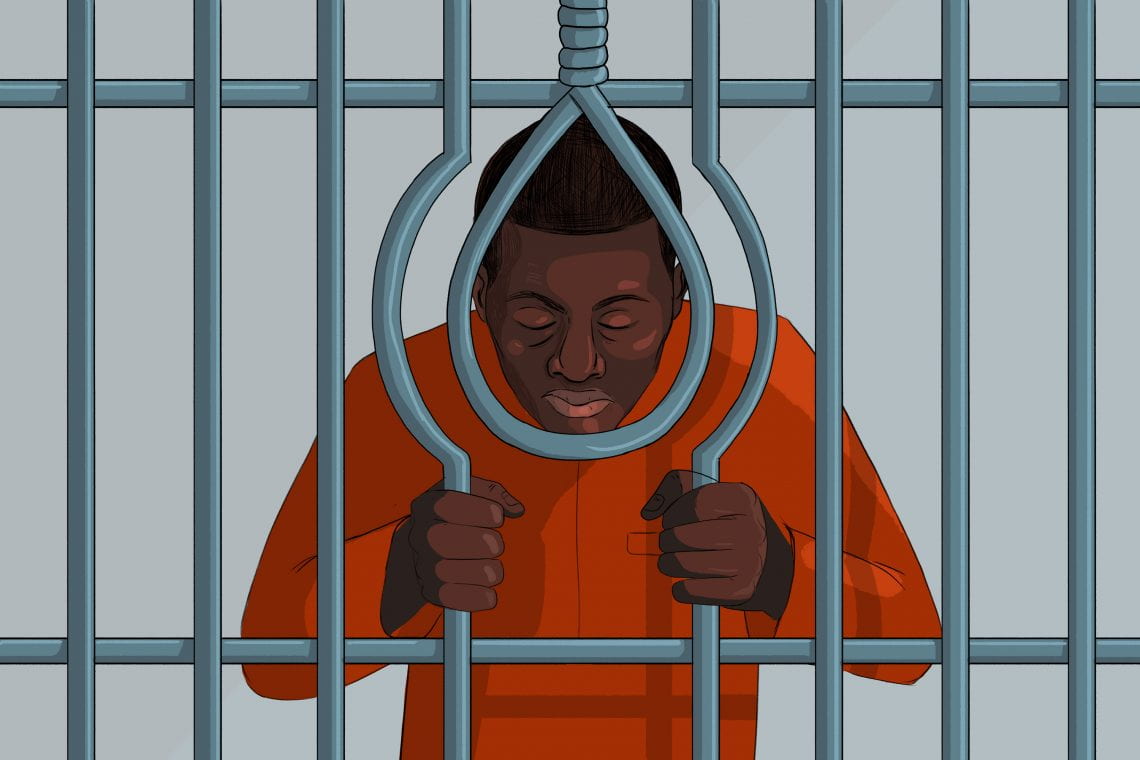
Theories of Punishment
Retribution
The Retribution Theory of punishment holds that people who harm others deserve to be harmed and that the justice system should give them what they deserve. I like to call this the revenge theory or the “eye for an eye” theory. The arguments for this theory are, in my opinion, not very strong. Sure, it seems intuitive that when somebody wrongs us we want to wrong them back, but what good does that do? And should we really set up an entire justice system based on retribution when that only causes more harm to people, despite if they “deserve it?”
Deterrence
The Deterrence Theory of punishment holds that societies should punish moral failings in a way that when people hear about the punishment for a certain crime, it deters them from committing it. For example, people may not use drugs because they are afraid of what would happen if they got caught. If we want people to stop doing drugs, according to deterrence theory, we should inflict harsher punishments for those caught with drugs. The main critique of this theory is that it does not deter people from doing the thing, it only deters people from getting caught doing the thing, thus driving the whole crime farther and farther underground.
Restoration
The Restoration, Humanitarian, or Utilitarian theory of punishment is based on the idea that after a harm occurs, we should avoid any further harm coming to anybody involved. This may entail rehabilitating people with addictions to live addiction free or mandating driving school and road safety courses for negligent drivers. This doesn’t just apply to low-level crimes though. This may mean a prison system similar to Norway’s, where even the most violent criminals are kept in a remote community where their rights and privileges are upheld. The average sentence is around 8 months, and after they’ve had time to reflect on their actions, they are allowed to return to society as usual. Click here to learn about what went into the design of one of Norway’s most famously humane prisons. This theory is often criticized as being “soft on crime,” saying that if we don’t make going to prison incredibly unpleasant, criminals will not have any reason not to re-offend.

Pragmatically, when we are deciding which theory of punishment to ascribe to, we are balancing the weight of the government’s function that motivates law enforcement with the human rights of everybody involved in the crime.
So what is the government function of capital punishment and does it outweigh the most fundamental human right, one’s right to one’s own life?
Government Function
It is widely agreed upon that the government’s most fundamental function is to protect the rights of people in its jurisdiction. This includes mediating conflicts in which a person impedes on another’s rights. In these terms, the crime of theft is when a perpetrator impedes on the victim’s right to own property. In this case, the government then has an obligation to interfere in some way to bring justice to the victim. Most of the time, this interference will constitute the government temporarily impeding on the rights of the perpetrator themselves. This may mean keeping them in jail until their trial, imposing a fine on them, or even sentencing them to prison time.
Human Rights
The right to life is inarguably the most fundamental natural human right that exists. All humans have a fundamental right to live their bodies’ natural lifespan through to its end. It can even be argued that humans have the right to the best healthcare available to extend their lifespan as long as possible. Without the right to life, no other human rights of any kind can be realized. This is why the most widely recognized phrase about human rights lists life as the first.
As the Declaration of Independence states, “We hold these truths to be self-evident: that all men are created equal and from that, they derive inalienable rights, among which are life, liberty, and the pursuit of happiness.”
To take someone’s life is to take away that person’s most fundamental, widely-recognized human right.
Balancing Both
Does the governmental function of societal safety ever justify taking away the perpetrator’s number one human right? Especially when, given that life in prison is an alternative option, societal safety is not even at risk by keeping these people alive. Many people will argue that keeping them in prison requires too many resources whereas the death penalty is a quick and easy way to save resources for the rest of society. Not only does this completely dehumanize people who have committed crimes, but it also switches the governmental interest from public safety to the much less compelling governmental interest of distributing resources. The interest in these resources is not compelling enough to justify the deprivation of someone’s life. Even if you think it is okay to impede on a perpetrator’s rights to prevent them from causing more harm to society, it is unclear that the deprivation of life would achieve this goal when life in prison is an alternative.
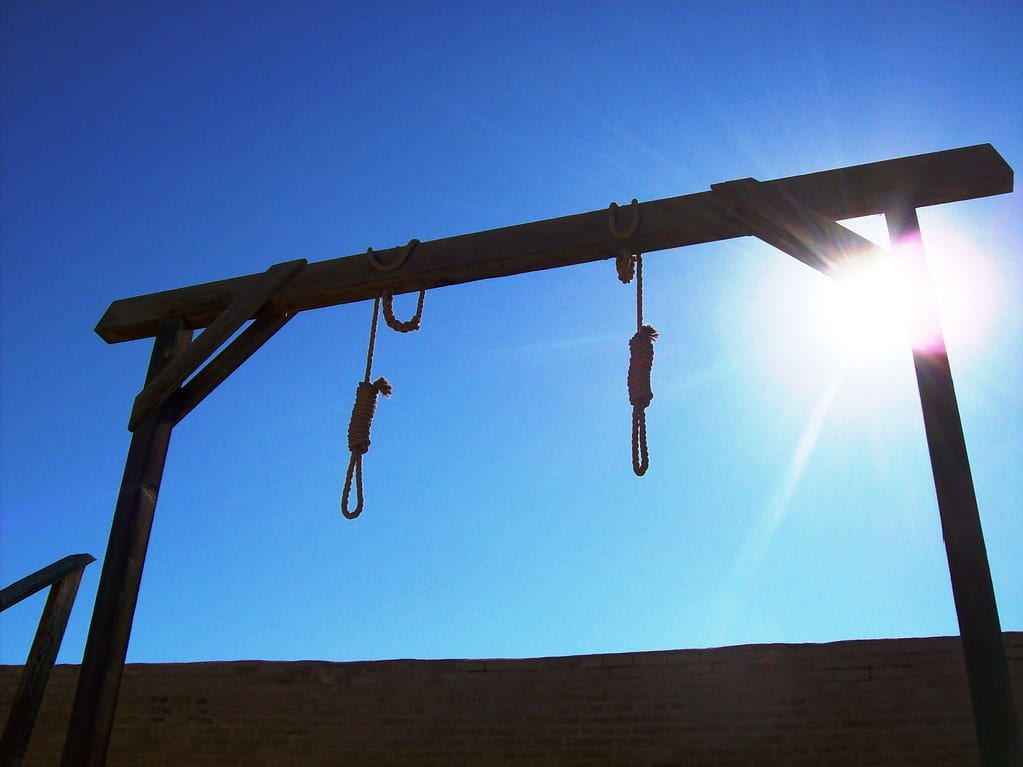
According to the Retribution theory, people who took another life deserve to be killed solely on the “eye-for-an-eye” principle. But something doesn’t sit right when we try to defend this principle without dehumanizing people convicted of crimes. As a society, is it a good thing that we think a certain group of people deserves to die, even if their qualification into that group was voluntary?
According to the Deterrence theory, the death penalty may actually be an effective deterrence for prospective criminals. If they knew that committing this crime may literally mean the end of their lives, they may not commit the crime. However, it is unclear that the deterrence factor of life in prison, essentially ending people’s lives as they know it, is so much less effective than the deterrence factor of the death penalty that it justifies taking lives.
According to the Restoration theory, capital punishment stands no chance. This theory is based on the hope of rehabilitation for criminals, even if that means they are only ever restored insofar as to live a meaningful life in prison. This theory is considered to be the most humane approach to punishment, and as far as research can tell, the one compatible with the lowest recidivism (re-offending) rates.
